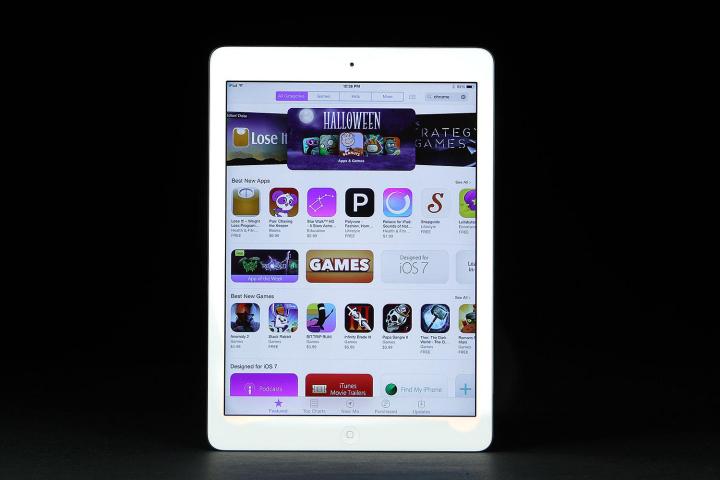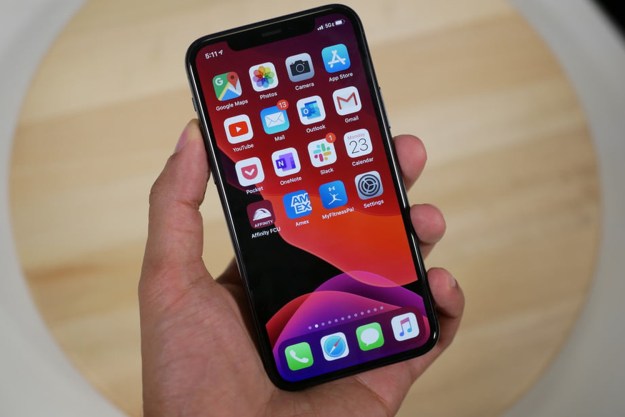
While Apple includes explanations with rejections, there’s always been an air of mystery around why some apps get through and some don’t.
In an effort to throw some more light on the review process, the Cupertino-based company this week posted on its website a list of the most common reasons why some apps fall at the first hurdle. No doubt the team charged with checking incoming iDevice software is hoping the newly published explanation will result in fewer failures coming its way, enabling its enormous database of 1.2 million apps to grow even faster.
Related: How iOS 8’s new developer features will impact you
While some of the reasons may seem blindingly obvious – for example, app crashes and broken links – their inclusion demonstrates the review team has to deal with these basic errors on a regular basis.
The top 10 reasons for app rejection for the week ending August 28, 2014 include, at number 1, “more information needed.” According to Apple, developers too often fail to include all the relevant details for their app, with some even submitting their software without including a demo account username and password.
Understandably, you’ll also get a thumbs-down if your app contains “false, fraudulent or misleading representations” or uses “names or icons similar to other apps.” Beta, demo, trial, or test versions will also be rejected, Apple said.
While most of the reasons in the list are clear cut, there’s one that stands out, and could leave even the most confident developer slightly sweaty palmed as they await the tech giant’s verdict, which could be the difference between a fist pump and a fist in the wall:
“Apple and our customers place a high value on simple, refined, creative, well thought through interfaces. They take more work but are worth it. Apple sets a high bar. If your user interface is complex or less than very good, it may be rejected.”
Still, the new page looks like a useful resource, and may be especially useful for developers new to the game. Follow the guidelines and you should get your carefully crafted work into the App Store without a hitch, after which it’s simply a case of getting people to download it….
[Apple’s reasons for app rejection]
[Via Cult of Mac]
Editors' Recommendations
- How to get Android apps on a Chromebook
- The 10 best apps for a second phone number in 2024
- How to find and use transcripts in Apple Podcasts
- How to get a D-pad on your Apple TV Remote app
- Apple Sports app looks to rule live scores and stats on iOS


